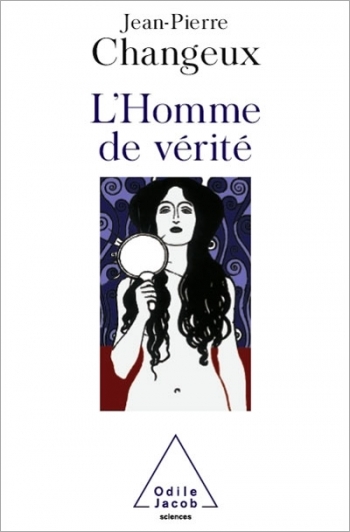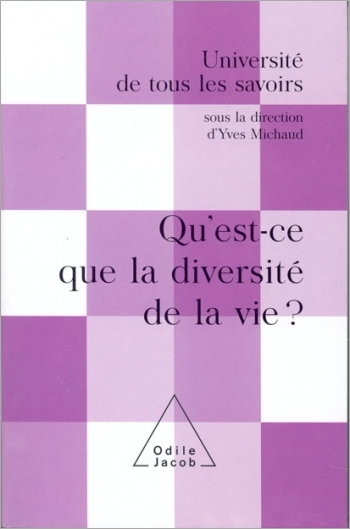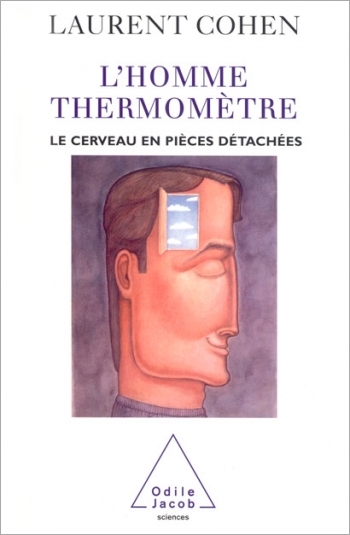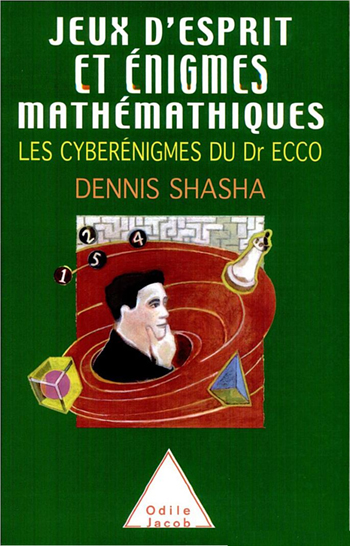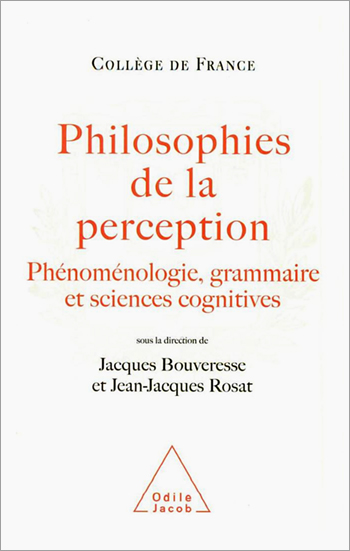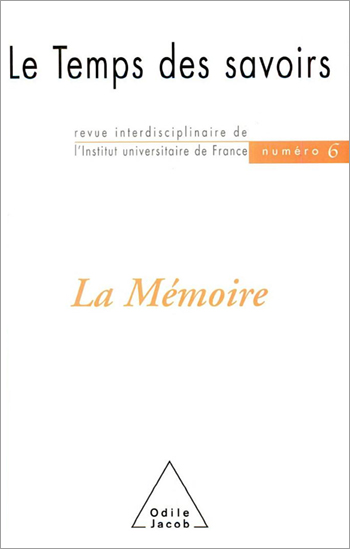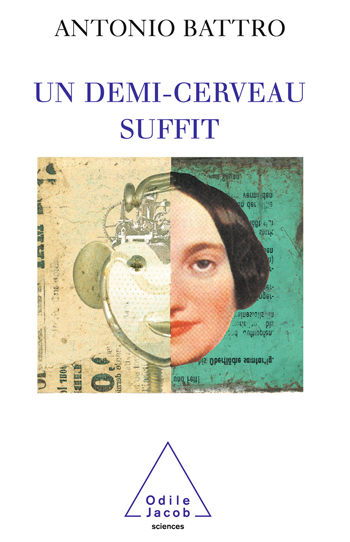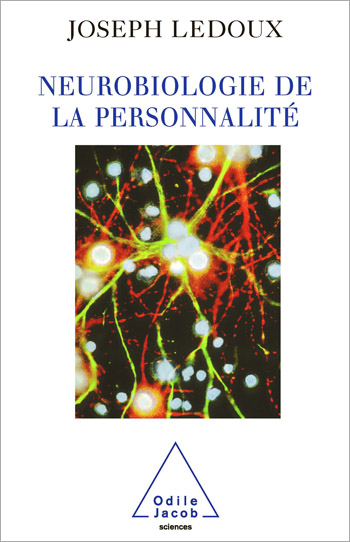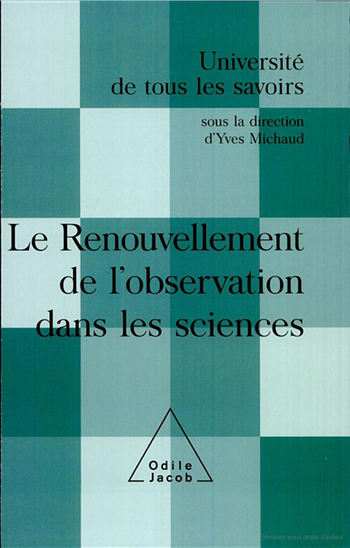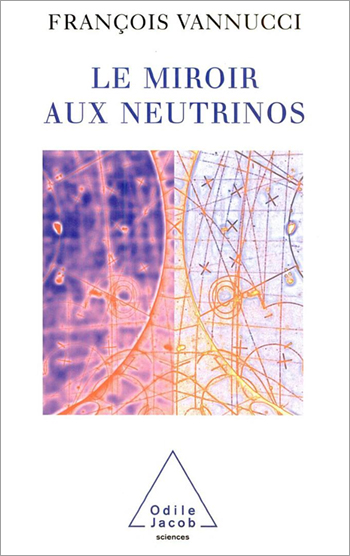Science All books
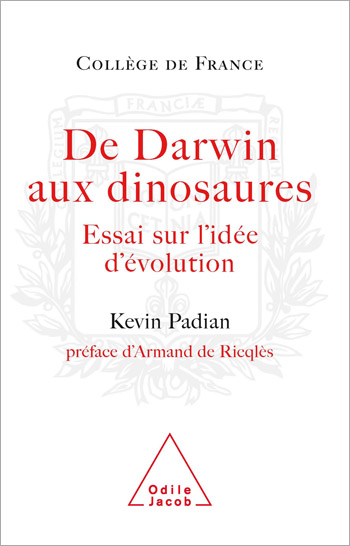
Kevin Padian
From Darwin to Dinosaurs (Work of the Collège de France) An Essay on the Idea of Evolution
In this book, Kevin Padian, world-renowned expert on dinosaurs, takes a historical approach to evolution and gives his view of some of the key problems of the theory of evolution
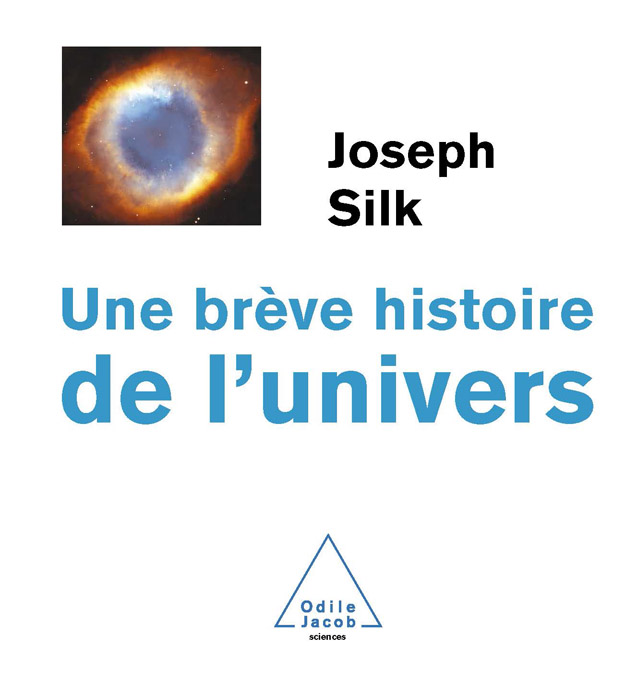
Joseph Silk
Une brève histoire de l'univers
Joseph Silk is the author of an authoritative book on the Big Bang. In the present work, he covers the history of the universe from that first great explosion and shows how the most recent discoveries in astrophysics i.e. of the cosmic fluctuations from which the great structures of the universe emerged provide the missing link between the Big Bang, which occurred 15 billion years ago, and the present state of the universe. When did time begin? This is the question, already asked by Stephen Hawking, that A Short History of the Universe sets out to answer. It is the subject of current debate among theologians: Did time begin with the Big Bang, in which case God could not have created the universe, or has time existed for all eternity, which would mean that the Big Bang was just one event among others, that God could have existed before it occurred and that He could thus have created the universe? This highly accessible book will be of interest to a wide readership, since the issues examined here concern all of us. Joseph Silk, an astrophysicist and cosmologist, teaches at Oxford University.
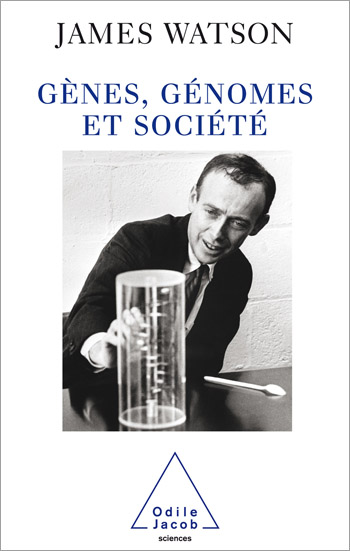
James Watson
A Passion for DNA Genes, Genomes and Society
In 1953, two young scientists, James Watson and Francis Crick, began a scientific revolution when they discovered the double helix structure of the DNA molecule, the substance that is the basis of heredity. James Watson, who won Nobel Prize in 1962 at the age of 34, has continued to play a central role in the field of genetics. Throughout his long scientific career, he has constantly sought to explain the latest developments and findings. The present volume is a collection of articles and lectures reflecting his views during the past fifty years on such subjects as GM foods, cancer, the sequencing of the human genome, and the ethical and social consequences of biology. This is a thought-provoking, often optimistic and always spirited book, reflecting the life and work of one of the great minds of the twentieth century.
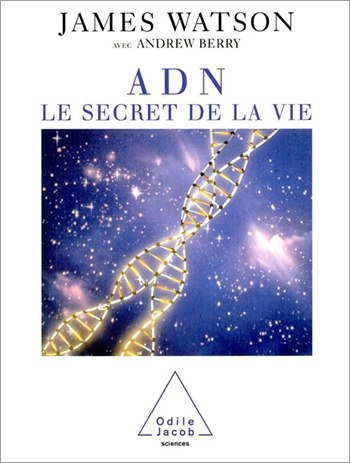
James Watson
DNA The Secret of Life
Fifty years ago, when he was only 24, James Watson contributed to cracking the genetic code and thus helped resolve one of the greatest scientific mysteries of our age. In DNA: The Secret of Life, he goes back in time and offers an overall view of the genetic revolution. He gives us the keys to understanding the molecular foundations of life and shows to what extent our knowledge of genetics affects how we regard our origins and our own identity. Drawing on his long experience at the forefront of genetic research, he examines the brave new world that lies before us all and the consequences of the genetic revolution. James D. Watson is best known as the co-discoverer, with Francis Crick and Maurice Wilkins, of the molecular structure of DNA. For this accomplishment, the three men shared the 1962 Nobel Prize for Physiology or Medicine. In 1968, he was appointed director of Cold Spring Harbor Laboratory, on Long Island, New York, and has served as its president since 1994. Andrew Berry is a junior fellow at the Museum of Comparative Zoology at Harvard University
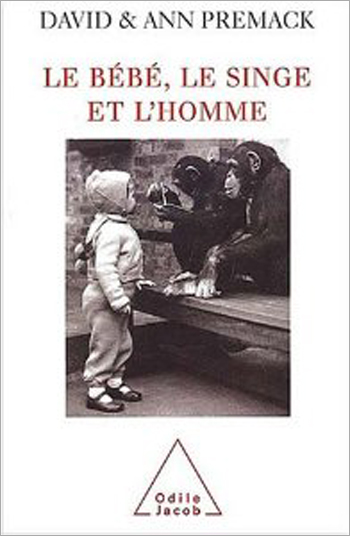
Ann Premack, David Premack
The Baby, the Ape and Man
The issue of the differences and similarities between humans and their cousins the chimpanzees governs the definition of human identity. How can this difference be explained? By studying the learning process of chimpanzees and comparing it to that of children, Ann and David Premack were gradually able to discover a series of differences, none of which were radical but when put together showed a yawning gap between the two species. The results they obtained enabled them to reconstruct little by little the sum of the differences that make up human identity. Ann and David Premack are specialists in the study of primates.

